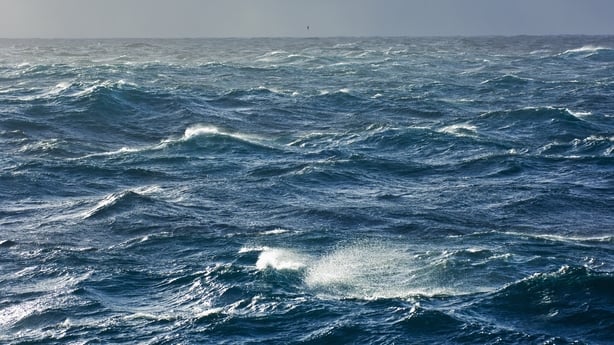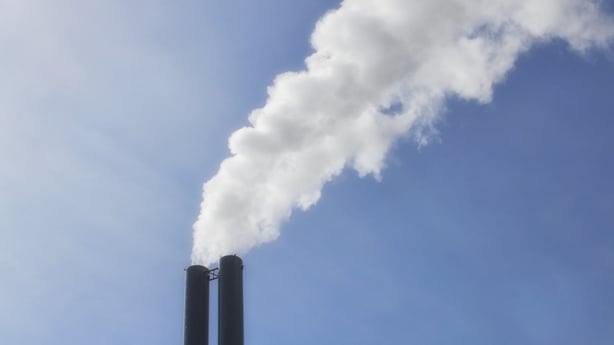The World Meteorological Organization has said clear signs of human-induced climate change reached new heights in 2024, with some of the consequences being irreversible over hundreds if not thousands of years.
In its latest State of the Global Climate report, the WMO said the impacts of extreme weather and climate change are spiralling, causing massive economic and social upheavals.
It confirmed that last year was the warmest in 175 years of observational records, and it was the full first calendar year in which global warming exceeded 1.5 degrees Celsius.
The report highlights that carbon dioxide in the atmosphere is now at its highest level for 800,000 years.
Globally, each of the past ten years were individually the ten warmest years on record.
The rate of sea level rise has doubled since satellite measurements began.

Meanwhile, each of the past eight years has set a new record for ocean heat content.
United Nations Secretary-General António Guterres said the planet is issuing more distress signals.
He said limiting long-term global temperature rise to 1.5 degrees Celsius is still possible but that leaders must step up to make it happen.
He called on them to seize the benefits of cheap, clean, renewable energy for their people and economies, with new national climate plans due later this year.
The 18 lowest Arctic sea-ice extents on record were all in the past 18 years.
The three lowest Antarctic ice extents were in the past three years.
The report also highlights that the largest three-year loss of glacier mass on record occurred in the past three years.
WMO Secretary-General Celeste Saulo said that although a single year above 1.5C of warming does not indicate that the long-term temperature goals of the Paris Agreement are out of reach, it is nevertheless a wake-up call that we are increasing the risks to peoples' lives, economies and to the planet.
The report said rising sea-levels and ocean warming are now irreversible for hundreds of years.

It said every fraction of a degree of warming matters and highlights how extreme weather is continuing to have devastating consequences around the world.
Tropical cyclones, floods, droughts, and other hazards in 2024 led to the highest number of new displacements recorded for the past 16 years and contributed to worsening food crises.
They also destroyed homes, critical infrastructure, forests, farmland and biodiversity.
By the middle of last year the compounded effect of various shocks, such as intensifying conflict, drought and high domestic food prices, drove worsening food crises in 18 countries globally, according to today's report.
The rate of ocean warming over the past two decades, 2005 to 2024, is more than twice that in the four-and-a-half-decades from 1960 to 2005.
Ocean warming leads to degradation of marine ecosystems, biodiversity loss, and reduction of the ocean carbon sink.
It fuels tropical storms and contributes to sea-level rise and is irreversible on centennial to millennial time scales.
We need your consent to load this rte-player contentWe use rte-player to manage extra content that can set cookies on your device and collect data about your activity. Please review their details and accept them to load the content.Manage Preferences
WMO climate projections show ocean warming will continue for at least the rest of the 21st century, even for low carbon emission scenarios.
The chair of the Ireland's Climate Change Advisory Council's Adaptation Committee said the Government has to stop procrastinating on decisions that are needed to be taken to offset the effects of climate change.
Speaking on RTÉ's Morning Ireland, Peter Thorne said a national climate damage register is needed to inform the Government on actions to be taken when another major storm hits Ireland.
"Knowledge is power, fundamentally knowing what's coming, seeing what's coming, monitoring what's happening helps us to understand where we need to act," he added.
"Climate change will continue to throw increasingly hard punches at us and our resilience is just down to us.
"We have to play our part in terms of mitigation, in terms of reducing greenhouse gas emissions, absolutely, but ultimately our responsibility is to our citizens to protect them from the from the climate change's worst impacts," Mr Thorne said.








